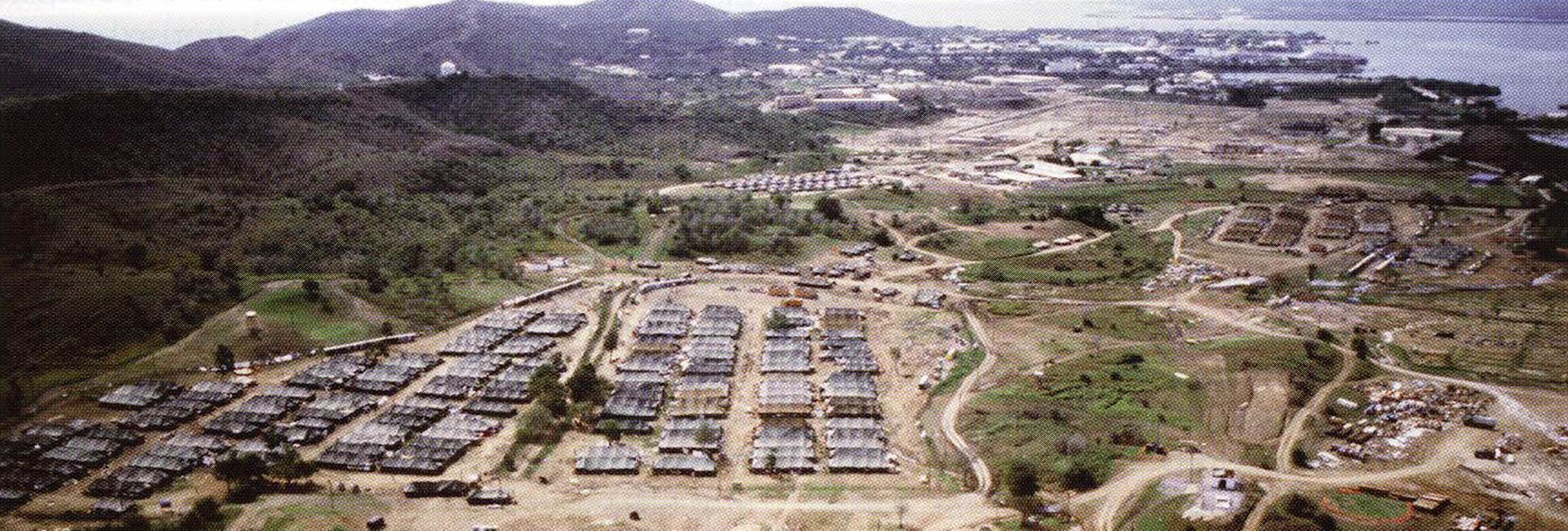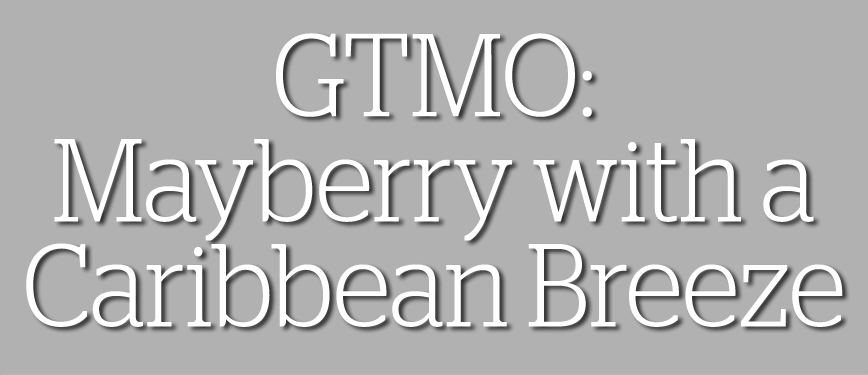

Miami Law Professor Christina Frohock discusses the complexity of the U.S. Naval Station Guantanamo Bay facility in Cuba.
From a simple lease agreement signed in 1903, the United States presence in Guantanamo, Cuba, grew complicated once Fidel Castro took power in 1959. The oldest American overseas military base, the nature and role of “Mayberry with a Caribbean breeze,” has evolved especially within the last two decades, says Christina M. Frohock, professor of legal writing and lecturer in law at the University of Miami School of Law.
Frohock researches Guantanamo Bay as it faces questions of sovereignty and constitutional and habeas rights.
She recently published a book on the topic called “Small-Town GTMO: The Layers of Estate, Sovereignty, and Soil in U.S. Naval Station Guantanamo Bay.”
About the Photo
An aerial view of the Guantanamo Bay U.S. naval base in Cuba Photo credit: UM Libraries and Nicholas E. Reynolds, United States Marine Corps, History and Museums Division. A skillful show of strength: U.S. Marines in the Caribbean, 1991-1996 (Published 2003).
Join the Conversation:
Follow on Twitter:
University of Miami Law
School, @MiamiLawSchool
University of Miami, @univmiami
UM News, @univmiaminews
